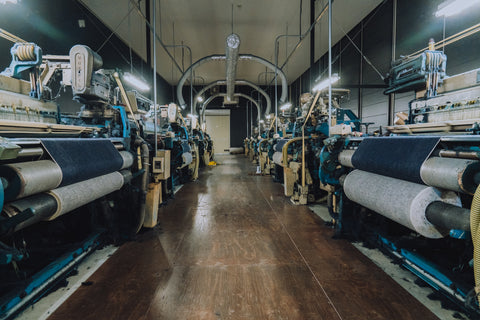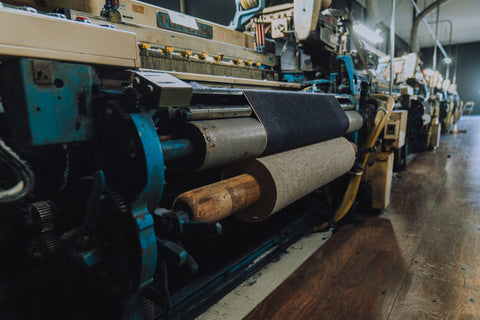

Selvedge denim, a term derived from "self-edge," is a premium type of denim fabric that has seen a resurgence in popularity among fashion enthusiasts and denim purists in recent years. Known for its durability, unique aesthetic, and artisanal craftsmanship, selvedge denim offers a distinct alternative to mass-produced denim fabrics. This article delves into the origins, production process, and enduring appeal of selvedge denim.
Origins and History
The history of selvedge denim can be traced back to the late 19th and early 20th centuries. Originally produced on shuttle looms, selvedge denim was the standard in denim manufacturing before the advent of modern, faster projectile looms. Shuttle looms produce tightly woven strips of fabric with clean, finished edges, known as the "self-edge" or selvedge. This edge prevents the fabric from unraveling and adds to its durability.
In the mid-20th century, the demand for denim surged, leading manufacturers to adopt faster, more efficient production methods. Shuttle looms were largely replaced by projectile looms, which could produce wider and more uniform fabric rolls. While this transition made denim more affordable and accessible, it also meant that selvedge denim became a rarity, treasured by those who valued its unique qualities.
The Production Process
Selvedge denim is typically crafted using traditional techniques on vintage shuttle looms. This method involves several key steps:
1. **Yarn Selection and Dyeing**: High-quality cotton yarns are chosen for their strength and durability. These yarns are then dyed using natural indigo, a process that imparts a rich, deep blue hue. The dyeing process is often repeated multiple times to achieve the desired color intensity.
2. **Weaving**: The dyed yarns are woven together on shuttle looms. Unlike modern looms, shuttle looms weave the weft yarn back and forth continuously, creating a tightly bound fabric with finished edges. The distinctive red or white lines along the fabric's edges are a hallmark of selvedge denim, indicating where the shuttle loom's shuttle has traveled.
3. **Finishing**: After weaving, the fabric is often left in its raw state, meaning it is not pre-washed or treated. This raw denim is stiffer and has a crisp texture, which softens and fades uniquely with wear, developing a personalized patina over time.
Characteristics and Appeal
Selvedge denim is prized for its durability and the unique aging process it undergoes. Unlike pre-washed or distressed denim, raw selvedge denim starts as a blank canvas, allowing wearers to create their own patterns of wear and fade. This personalized aging process is highly valued by denim enthusiasts, as each pair of jeans tells a story unique to its wearer.
The high-quality construction of selvedge denim also means it often lasts longer than its mass-produced counterparts. The dense weave and finished edges reduce the risk of fraying and wear, making selvedge denim a long-term investment.
Modern Revival
In recent years, there has been a significant revival of interest in selvedge denim, driven by a growing appreciation for artisanal craftsmanship and sustainable fashion. Many contemporary denim brands have embraced traditional production methods, offering selvedge denim products that cater to discerning customers. This renewed interest has led to a broader range of styles and fits, making selvedge denim accessible to a wider audience.
Brands such as Levi's, Denim.lab, Nudie Jeans, and Japan Blue Jeans have played a crucial role in popularizing selvedge denim, highlighting its heritage and superior quality. Additionally, Japanese denim mills, renowned for their meticulous attention to detail and dedication to traditional techniques, have become key players in the selvedge denim market.



